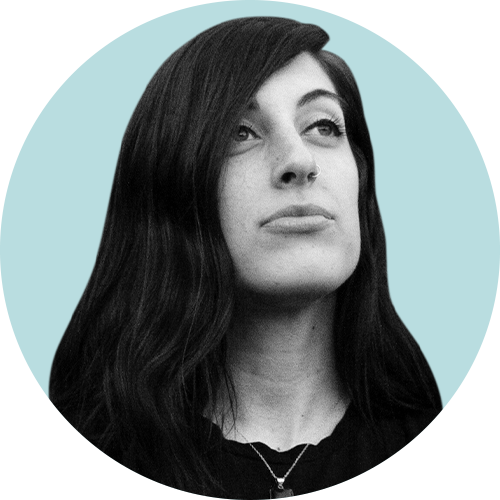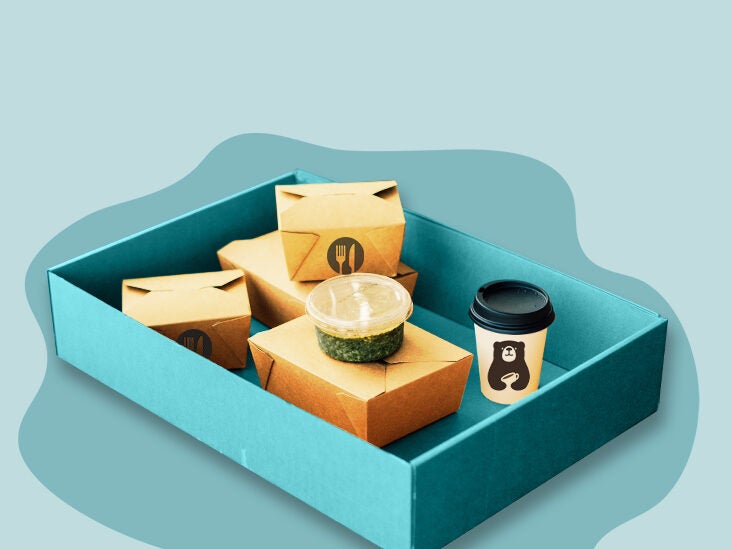 |
| To an outsider looking in, Casey McQuillen appears to have it all: She competed on season 13 of "American Idol" and has a flourishing singing career. Despite her success, she still lives with negative self-talk and a nagging sense of self-doubt, which she attributes to the bullying she experienced in middle school. I'm sure a lot of us can relate to this feeling. (I know I do.) |
| In this Q&A with Healthline Media's Gabe Howard*, McQuillen shares how her mental health intertwines with her music, the pain and pressure of being on a reality show, and how she uses her voice to advocate against bullying. Read our favorite clips from their chat below. *This interview has been edited for length and clarity. |
| Q: | "American Idol" absolutely helped your career, but many people feel that reality shows foster bullying. I'm curious: Is this criticism fair? | |
| A: The issue with social media and the way that it connects us is, all of a sudden, we have opinions on thousands of people. When I get a comment on my YouTube that's like, "Wow, she looks really fat" or something, my little monkey brain reacts. It's very, very difficult to not take things personally. |
| I think social media and reality TV are contributing to our objectification of personhood. Instead of being a person, you're primarily a consumer, an entity, a brand. And this is for everyone, not just people in the public eye. It's like the transition between critiquing objects and critiquing people is so blurred. And I think that is influenced by social media and reality TV. |
| But I [also] think it's more like the world is changing and our brains are staying the same. How do we deal with a monkey brain when we don't live in a monkey society anymore? |
| Q: | What made you personally want to incorporate anti-bullying into your advocacy? | |
| A: I was picked on in the way that kids get picked on in Disney movies. [You might think] no one shoots spitballs at [someone] while giving a student council presentation and trips you in the hallway. [But] that was the kind of bullying I had. |
| For me, the lasting effect of being bullied was an internal dialogue of self-doubt. The chorus in my head about the critique of my appearance has not gone away since I was 13 years old and is, of course, influenced now by having anxiety disorder. |
| My goal by going into schools and talking to kids is to add some empathy in a very egocentric time of your life. By going in and being a positive role model and being funny and loud and happy and joyful, it rewrites the story a little bit. |
| I hope if they can see themselves in relationship to me and myself 15 years later after all the work that I've done to try to recover, it might help them resist that negative internal dialogue that their brains are currently wiring. |
 |
| Q: | I love what you said about that negative internal dialogue because it's ever-present. Is that what it felt like for you? | |
| A: I definitely have that experience of active negative talk, like an actual voice in my head that says unkind things to me where I'll be looking in the mirror and I'll be like, "You look disgusting." And then I have the tools to be like, "Wait a second. That's a really unkind thing that just popped into my head. I would never think that about anyone else. Where is this coming from?" And you can go through and begin to deconstruct. |
| If you develop seeing yourself through a negative mindset — and I think a lot of that has to do with what's reinforced to us as children — it can push you on a different river than you would have gone down, because you don't know where you could have ended up if you had believed in yourself. |
| I think for me that's been one of the most challenging aspects of growing up and being in therapy. What character have I written for myself in the story of my life, and how is that influencing the choices that I make in the opportunities I'm even allowing myself to see? |
| Q: | I think that it's super powerful that you have this idea in your head that it might not be true. | |
| A: That's the issue with bullying, right? The things that are negative are the things that reaffirm the negative self-talk we have in our own head. That's why I focus my anti-bullying program on your relationship with yourself, because you can't really control what other people say to you. |
| Q: | There's a song on your debut album, "Skinny," called "Can a Heart Go Bad?" It focuses on anxiety and depression. What was it like writing that song? What was it like making the album "Skinny"? | |
| A: I have two songs on my album that deal with mental health. The first one is called "Skinny," and it deals with my relationship with body dysmorphia. |
| The song "Can a Heart Go Bad?" is a little more complex. I wrote this song not just about my anxiety disorder, but I wrote this song about what it was like to have an undiagnosed anxiety disorder as a child. |
| If you listen to it, the lyrics start with, "I'm really sorry, I didn't mean it, but I can't take it back. Are you angry? I really hate it when you look at me like that." And it's from the perspective of a child — the guilt after panic attacks, and the look of disappointment in my parents' faces, and the belief that there must be something wrong with me … "If I keep doing this, I must be bad." This is my little 8-year-old logic. And so, the phrase "Can a heart go bad?" is the question that the narrator is asking over and over. |
| This song is me as an adult going back in and asking for the help I couldn't ask for as a child — the words I didn't have. |
| Listen to the full interview here. |
| |





















